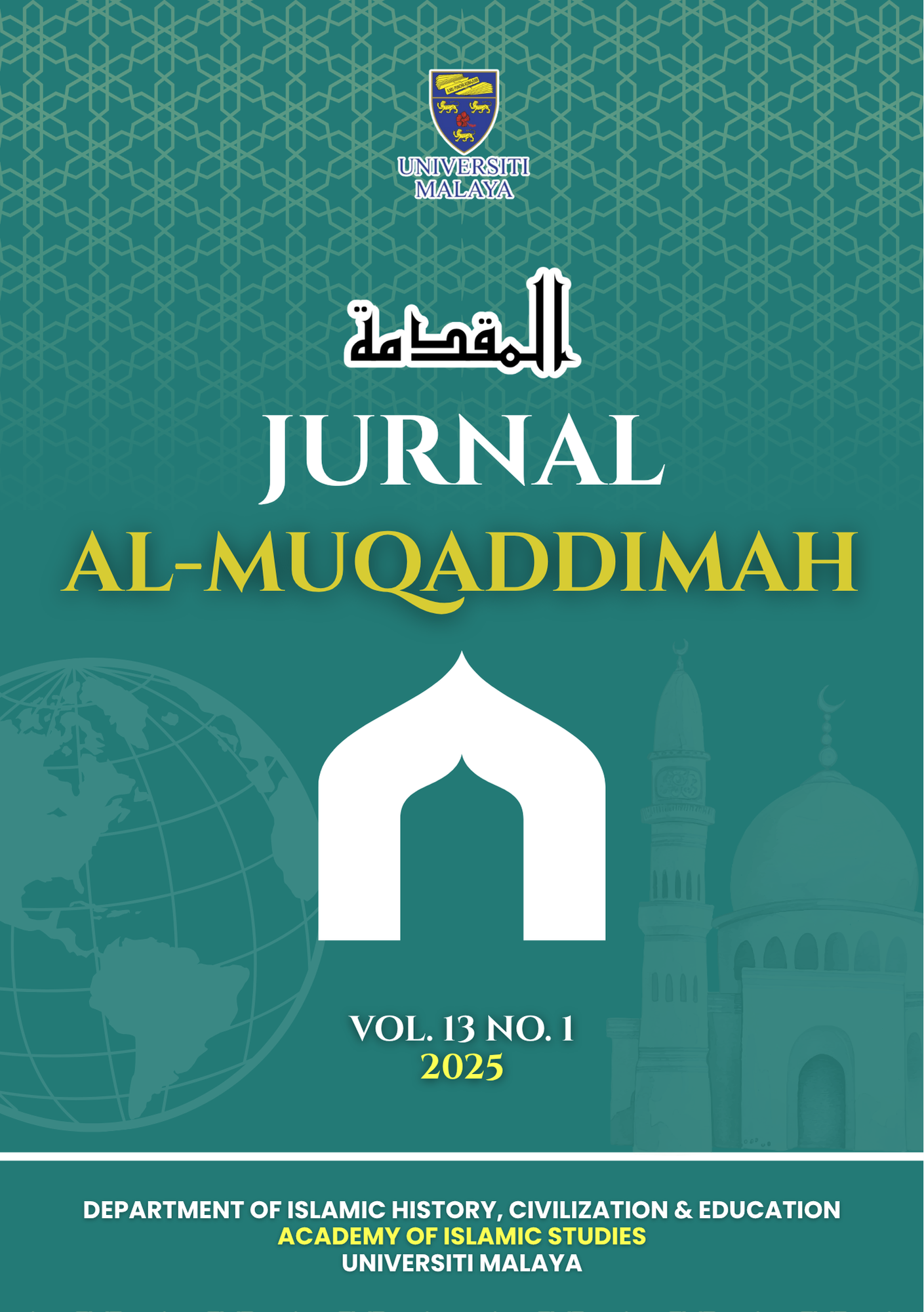Main Article Content
Abstract
Brunei Darussalam as “Negara Zikir” with a conceptual thought that aims to make Brunei Darussalam a developed nation oriented towards building memorable relations and human compliance with the blessings of the Creator based on Islamic governance (hukm al-Islāmī), economics, and other aspects. Therefore, according to Al-Ghazali, in order to realize its prosperity and happiness as a nation, Faith and Taqwa (Islamic piety) are one of the components in it, in line with our mission and vision in Brunei Darussalam to leads Brunei Darussalam as "Negara Zikir". Al-Ghazali considers awareness and knowledge as the most important. He highlights that knowledge is derived from two sources; the senses and the logics, but he considers both of these sources as weak sources which will result in a man to know only the materialistic aspects of the world in which he lives. On the other hand, divine revelation enables him to learn more about the life after death, which he considers as eternal life. In Al-Ghazali’s view, true knowledge is the knowledge of God, His book (Al-Quran Al-Karim), His prophets, His creation, including the kingdoms of earth and heavens. It also includes the knowledge of Shariah as revealed by His Prophet. The concept of knowledge by Al-Ghazali is not available on property or the pleasure of living in this world but for him the world is merely and temporary while the happiness of the hereafter remains in definitive. The objectives of the study are to explain the nature of Al-Ghazali’s concept of knowledge and its relation to “Negara Zikir” in Brunei Darussalam also to demonstrate the importance of Al-Ghazali’s concept of knowledge in developing “Negara Zikir” towards the prosperity and happiness of the nation.
Keywords
Article Details
Copyright (c) 2025 Al-Muqaddimah: Online Journal of Islamic History and Civilization

This work is licensed under a Creative Commons Attribution-NonCommercial-ShareAlike 4.0 International License.
By submitting manuscripts to the Al-Muqaddimah, authors agree to transfer copyright to the journal. However, authors may republish their work or grant others permission to republish it; in which case it should be accompanied by a proper acknowledgment that the work was originally published in the Al-Muqaddimah. The journal adopt CC-BY-NC-SA licence which authors may also share and distribute their article anywhere of non-commercial website, social media and repositories immediately on publication.
Authors may also reuse the Abstract and Citation information (e.g. Title, Author name, Publication dates) of their article anywhere at any time including social media such as Facebook, blogs and X (Twitter), providing that where possible a link is included back to the article on the journal site.

